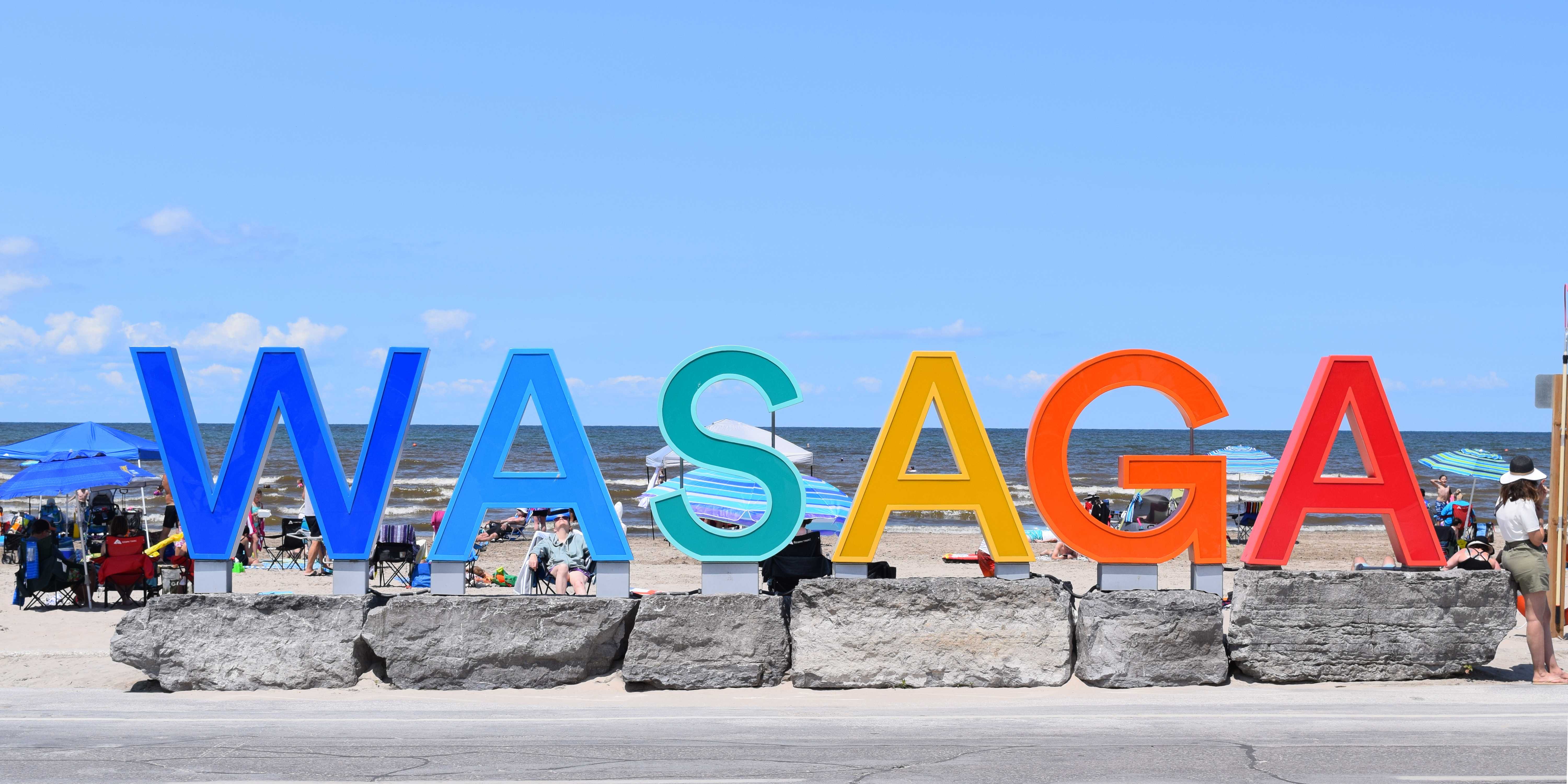Wasaga Beach is proud to announce the launch of an update to our official Tourism Destination Management Plan.
Read the full TDMP update here: June 2024 TDMP
Read the 2018 TDMP here: Aug 2018 TDMP
Subscribe to this page to stay updated on how we execute our action plan.
| What is the Tourism Destination Management Plan? |
| The Tourism Destination Management Plan is a document adopted by the Town of Wasaga Beach to guide the development and expansion of tourism in the town. The TDMP identified 15 recommendations to enhance Wasaga Beach's tourism competitiveness and appeal, with the recent update re-addressing the new realities of the tourism industry. |
| What factors within the tourism landscape inspired an update to the TDMP? |
|
Since the initial TDMP release in 2018, the tourism landscape has evolved dramatically with the global pandemic, international conflicts, uncertain economic conditions, hospitality labour shortages, and changing customer travel motivations and behaviors. The global pause on travel has accelerated the emergence of new trends in the tourism industry, including a shift towards more responsible travel practices and models that prioritize communities and residents over visitation numbers and profit. |
| What is regenerative tourism? |
|
Regenerative tourism is a model that Wasaga Beach has adopted through the TDMP, with strong support from community stakeholders including residents and members of the business community. Regenerative tourism has a goal of innovation, collaboration, and adaptation, guiding tourism development with equal focus on economics and the well-being of the people and places involved. A regenerative approach to tourism is believed to promote strong economic growth, thriving operations, sociocultural vibrancy, healthy people, and a preserved natural environment for future generations. |
| Key to the Vision of the TDMP: Destination Alignment, Connection to Communities, and Connection to the Visitor |
|
There were three main approaches taken into consideration during the TDMP development process.
|
| What is a "High Value Guest"? |
|
The TDMP identifies a push towards attracting what is defined in the industry as a High Value Guest. These guests tend to be those who "leave a destination better than they found them and appreciate local culture by contributing to the host community's economy." Some other attributes of a "HVG" is that they appreciate slow travel, actively seek out culture and events, engage with locals, and want to feel inspired by and learn about their surroundings. |
| What is a "Legendary Experience" |
| Like HVGs, "Legendary Experiences" were identified as a factor which should be considered when promoting and improving the visitor experience. Legendary experiences are unforgettable travel experiences that reflect Wasaga Beach's characteristics, themes, and narrative. Experiences which preserve and celebrate the heritage, local cultures and traditions, natural surroundings and coastal landscape. To encourage the development of these experiences, the Town and community must invest in effective engagement, ongoing training, and capacity building with a broad base of stakeholders. |














